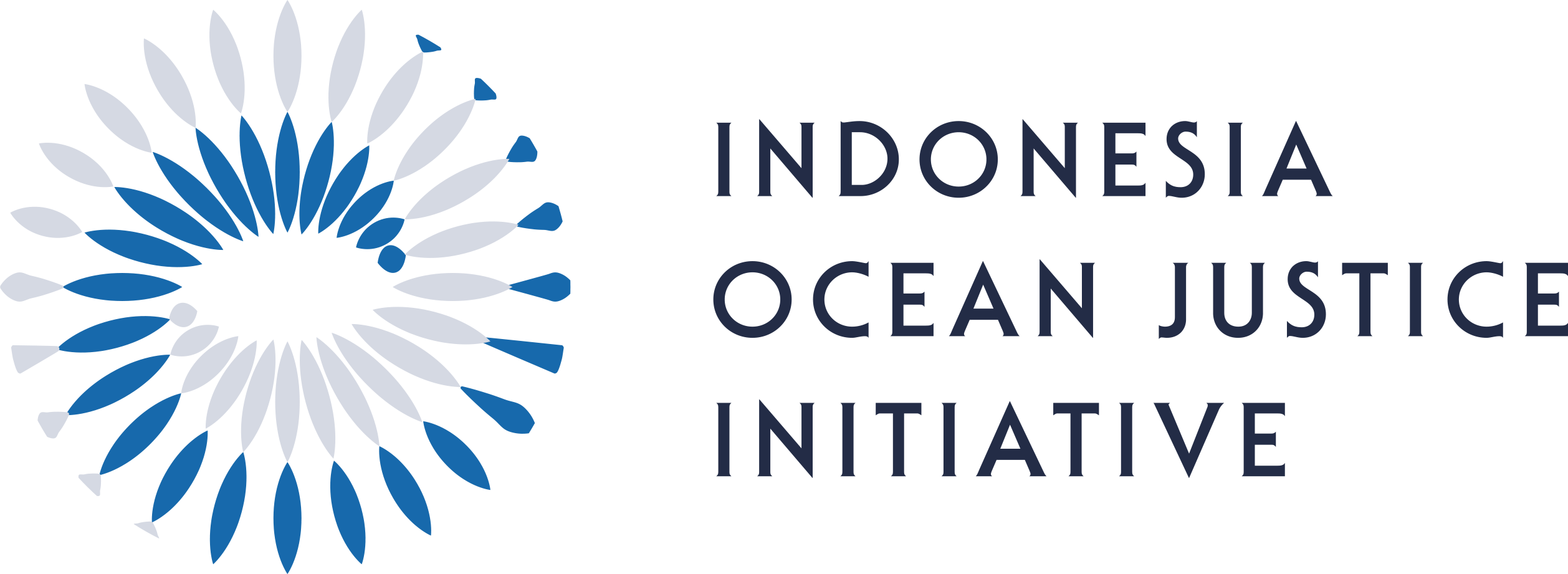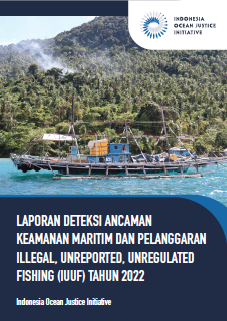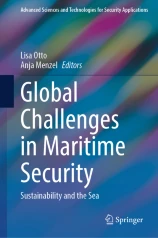Maritime Security
Problems
Indonesia’s maritime security governance is currently shaped by a system involving multiple institutions, each with distinct yet sometimes overlapping mandates. While this multi-agency structure reflects the complexity of managing vast and strategic maritime domains, it has also led to challenges in coordination and operational efficiency.
Efforts to reform the system—such as the establishment of the Indonesia Maritime Security Agency (BAKAMLA) and initiatives under the 2020 National Development Plan—have signaled important progress. However, the absence of robust, evidence-based analysis to support policy formulation continues to limit the development of a fully integrated and adaptive maritime security framework.
In addition, transparency and timely access to information on maritime incidents and threats remain limited, making it difficult to assess risks and track enforcement effectiveness. Strengthening Indonesia’s maritime security also requires a more inclusive approach, where government institutions work in close collaboration with civil society, academia, and ocean-dependent communities to foster shared responsibility and build trust.
IOJI recognizes these challenges as opportunities for improvement, and supports efforts to build a more coordinated, data-informed, and participatory maritime security system that is responsive to both national priorities and local realities.
Our Approach
The Indonesia Ocean Justice Initiative (IOJI) promotes the “form follows function” principle as a foundation for enhancing Indonesia’s maritime security system. This approach is realized through a structured Three-Step Framework:
- Integration of data and information – consolidating maritime intelligence to build a comprehensive picture of security and safety threats at sea.
- Determination of essential functions – identifying the key roles and responsibilities required to effectively address those threats.
- Improvement of governance and posture – optimizing institutional structures and operational capacity based on clearly defined functions.
This incremental, data-driven process enables the Government to make informed, cost-effective decisions. It supports a deeper and broader understanding among policymakers and enforcement officials, strengthening their ability to respond to maritime challenges with precision and efficiency.
At the core of this Maritime Security work is multi-stakeholder collaboration. IOJI actively engages with government institutions, Parliament, academic communities, civil society, the private sector, and coastal communities to ensure inclusive and effective policymaking. We facilitate open dialogue to align methods and objectives, creating shared solutions based on evidence and local realities.
We also recognize the critical role of impacted communities—especially local fishers—in monitoring and protecting ocean space. As those most affected by illegal fishing, they offer invaluable insight and frontline support in building a more secure and just maritime domain.
As part of its maritime security strategy, IOJI regularly publishes Detection and Analysis Reports on Indonesia’s Maritime Security. These reports are developed using reliable satellite data, human intelligence, and in-depth legal analysis by IOJI’s research team.
The reports aim to inform government decision-making and educate the public on the evolving state of Indonesia’s maritime security. By sharing these findings through public discussions, media briefings, and multi-stakeholder forums, IOJI ensures that accurate, data-driven insights are accessible to policymakers, practitioners, and communities alike.
Publications
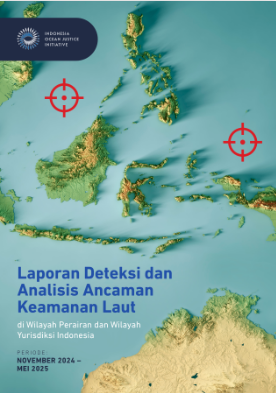
Report – Maritime security threat detection and analysis in Indonesian waters period Nov 2024 to May 2025

Report – Maritime security threat detection and analysis in Indonesian waters period June – October 2024
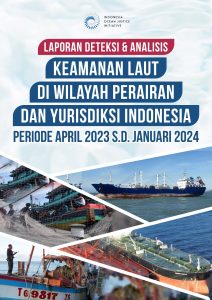
Report – Maritime security threat detection and analysis in Indonesian waters period Apr 2023 to Jan 2024
